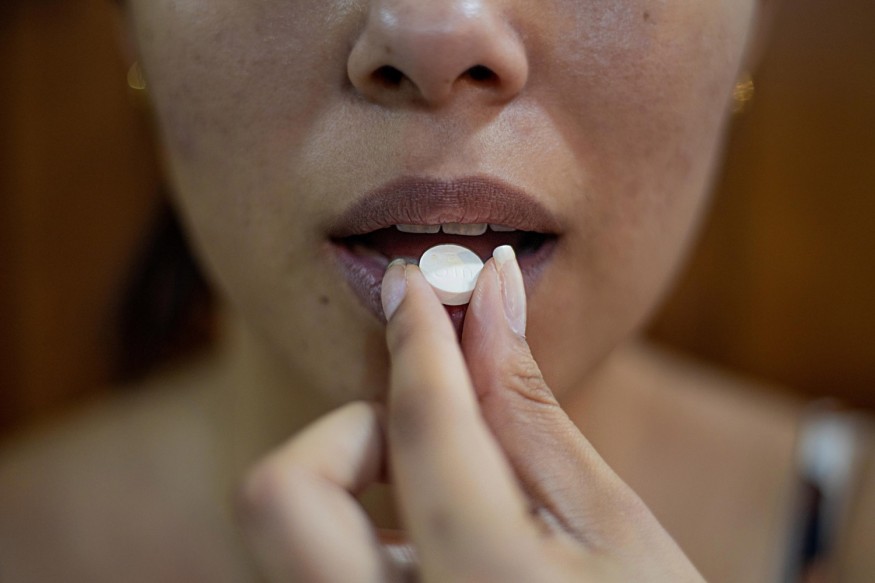COVID-19 is a severe epidemic that has affected children, adults, and senior citizens across the world. People are discovering new treatments and ways for COVID-19 as the disease continues to spread.
An example is Ivermectin, a deworming medication for horses, and mistaking it for COVID-19 therapy and prevention.
Rope Worm: Ivermectin Effects

The Food and Drug Administration has approved ivermectin for treating certain parasites and skin diseases in humans, but it has not approved it for treating or preventing COVID-19. FDA and CDC recently published cautions regarding the risks of taking ivermectin for COVID-19.
Despite this, numerous people have published experiences online about self-medicating with animal-grade versions of the medication, with disastrous results.
Users worrying about the hazardous side effects of using the animal dewormer, including hazy vision, diarrhea, and pooping out, may be found on pro-ivermectin Facebook groups "Worms", to be precise. Some people have even gone as far as to share pictures of their excreted "worms".
In a response to Insider, a Facebook spokesperson said the company censors any post that attempts to "purchase, sell, give, or solicit for ivermectin."
"We also take any action against any account or organization that breaches our COVID-19 and vaccination policies, such as claims that ivermectin is a guaranteed cure or preventive, and we don't allow advertisements that promote ivermectin as a COVID-19 therapy," the spokesperson added. "
According to Dr. Wesley Long, a clinical Pathologist and director of diagnostic microbiology at Houston Methodist Hospital, the odds of contracting a parasite infection in the United States and other first-world nations are extremely low. "Once every six to eight weeks," he added, his lab finds an intestinal worm infection.
An image of one such "worm" posted in a pro-ivermectin group was provided to Long by an insider. It was not a worm, he said. People sometimes confuse veggies in their excrement for worms, according to Long, thus the threadlike emission might be a portion of the person's recent meal. However, he warned that eating topical medicines designed for animals might cause untold damage to a person's digestive track.
There is no knowing what it may look like on the back end if individuals are using topical treatments or products meant for cows, horses, or other animals, Long explained.
The threads in their feces are being referred to as "rope worms" by many in the ivermectin Facebook groups, but Wesley Long says there is no such medical diagnosis. People were witnessing intestinal mucous or shedding portions of the intestinal lining, he added. To the untrained eye, both may appear to be worms.
Overdosing Ivermectin Can Be Harmful to Humans
Ivermectin in small dosages can help humans overcome parasite infections, but it comes with a few minor side effects like nausea, rashes, and an elevated heart rate.
Larger doses of the medication can have even more terrifying consequences. According to the CDC, ivermectin overdoses can include impaired vision, dizziness, hallucinations, lung problems, coma, and seizures.
Taking medication designed for a horse is an effortless way to overdose because veterinary-grade formulations are supplied at greater dosages, which is leading to an upsurge in calls to poison-control hotlines. According to the CDC, calls to poison control centers have increased threefold this year, compared to last year's baseline since July
At least 13 people in Mississippi have phoned poison control after taking ivermectin this month, a state where coronavirus infections are on the rise. According to Ruth Cummins, an associate director for public relations at the University of Mississippi Medical Center, 70% of those calls were from patients who consumed animal products.
Despite the CDC and FDA's warnings, many pro-ivermectin Facebook groups believe that overdose symptoms like impaired vision indicate that the medication is working. If you have adverse effects after taking ivermectin, the CDC suggests getting medical help right away.
© 2025 NatureWorldNews.com All rights reserved. Do not reproduce without permission.





